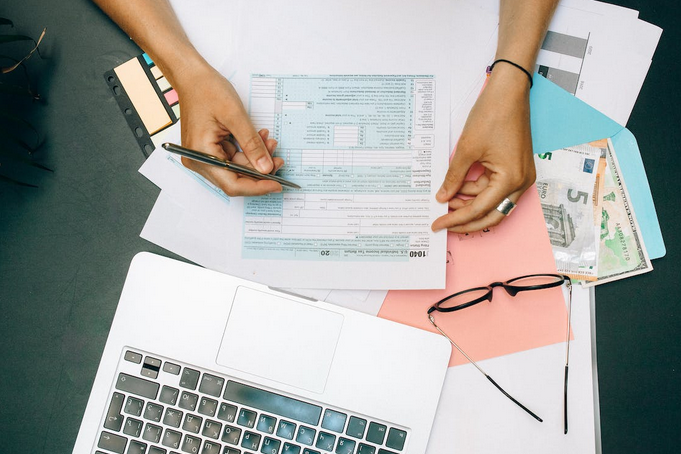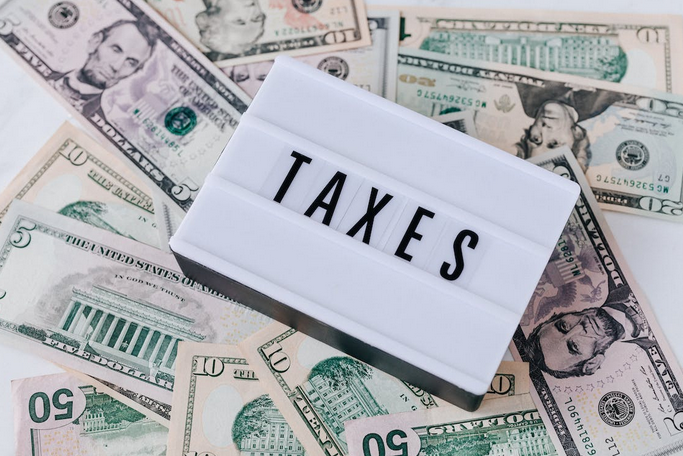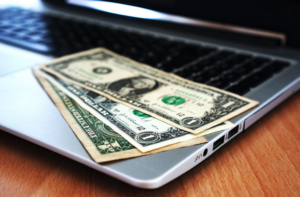When running a business, maximizing tax benefits and minimizing liabilities is important to optimize your financial performance. By implementing effective strategies, you can legally reduce your tax burden and ensure compliance with tax laws. This article will explore the top four strategies to help you maximize tax benefits and minimize liabilities in your business. By employing these tactics, you can enhance your business’s financial health while remaining in good standing with the tax authorities.
Take Advantage of Deductible Expenses and Tax Credits

One of the most effective ways to reduce your tax liability is by taking advantage of deductible expenses and tax credits. Familiarize yourself with the deductions and credits available to businesses in your jurisdiction. Common deductions may include expenses related to employee salaries, rent, supplies, marketing, and professional services. Additionally, research any industry-specific deductions that may apply to your line of business.
Structure Your Business Optimally
The structure of your business can impact your tax liability significantly. Different legal structures have different tax implications, such as sole proprietorships, partnerships, corporations, or Limited Liability Companies (LLCs). Research and select the structure that best aligns with your business goals and offers the most favorable tax treatment. For example, forming an LLC can provide flexibility concerning tax reporting and liability protection.
Leverage Retirement and Health Savings Accounts
Retirement and health savings accounts can offer significant tax benefits for both you and your employees. Contributions made to retirement plans, such as a Simplified Employee Pension (SEP) IRA or a 401(k), are typically tax-deductible, reducing your taxable income. Additionally, employer contributions to employee retirement accounts can be deducted as a business expense.
Similarly, offering Health Savings Accounts (HSAs) or Flexible Spending Accounts (FSAs) can provide tax advantages.
Regularly Review and Optimize Tax Strategies
 Tax laws and regulations are subject to change, so reviewing and optimizing your tax strategies regularly is essential. Stay informed about updates that may impact your business, and consult a tax professional to ensure you remain compliant while maximizing your tax benefits.
Tax laws and regulations are subject to change, so reviewing and optimizing your tax strategies regularly is essential. Stay informed about updates that may impact your business, and consult a tax professional to ensure you remain compliant while maximizing your tax benefits.
Perform an annual review of your business operations and financials to identify potential areas for additional tax savings. This could include exploring tax credits for adopting environmentally friendly practices or taking advantage of tax exemptions for investments in certain industries.
Maximizing tax benefits and minimizing liabilities is critical to running a successful business. By utilizing deductible expenses, leveraging tax credits, optimizing your business structure, implementing retirement and health savings accounts, and regularly reviewing and optimizing your tax strategies, you can effectively reduce your tax burden and enhance your overall financial performance.…



 One of the worst mistakes you can make when repairing your credit is procrastinating. It will only worsen the situation and take much longer to fix. It’s essential to take action as soon as possible so you can start seeing results. Moreover, procrastinating also means that you may be late on your payments, only damaging your credit score further. Not paying your bills on time is one of the most significant factors that affect your credit score.
One of the worst mistakes you can make when repairing your credit is procrastinating. It will only worsen the situation and take much longer to fix. It’s essential to take action as soon as possible so you can start seeing results. Moreover, procrastinating also means that you may be late on your payments, only damaging your credit score further. Not paying your bills on time is one of the most significant factors that affect your credit score. Last but not least, it’s the worst among all mistakes – falsifying your documents. Some people think they can improve their credit score by providing false information on their credit reports. Not only is it illegal, but it can also lead to severe consequences.
Last but not least, it’s the worst among all mistakes – falsifying your documents. Some people think they can improve their credit score by providing false information on their credit reports. Not only is it illegal, but it can also lead to severe consequences.
 When we say credit score, we don’t mean your university’s GPA. Your credit score is a number that represents your creditworthiness to lenders. A high credit score indicates you’re suitable for loans, which will make it easier and cheaper for you to borrow money in the future. Having a low score will make your life as an adult much harder, so you need to know the top credit repair service near you. There are a few things you can do to maintain a high credit score:
When we say credit score, we don’t mean your university’s GPA. Your credit score is a number that represents your creditworthiness to lenders. A high credit score indicates you’re suitable for loans, which will make it easier and cheaper for you to borrow money in the future. Having a low score will make your life as an adult much harder, so you need to know the top credit repair service near you. There are a few things you can do to maintain a high credit score: Investing doesn’t have to mean buying stocks or picking a mutual fund. It can also mean investing in yourself. This could be anything from taking a class to learning how to cook. Investing in yourself will pay off professionally and personally in the long run.
Investing doesn’t have to mean buying stocks or picking a mutual fund. It can also mean investing in yourself. This could be anything from taking a class to learning how to cook. Investing in yourself will pay off professionally and personally in the long run.